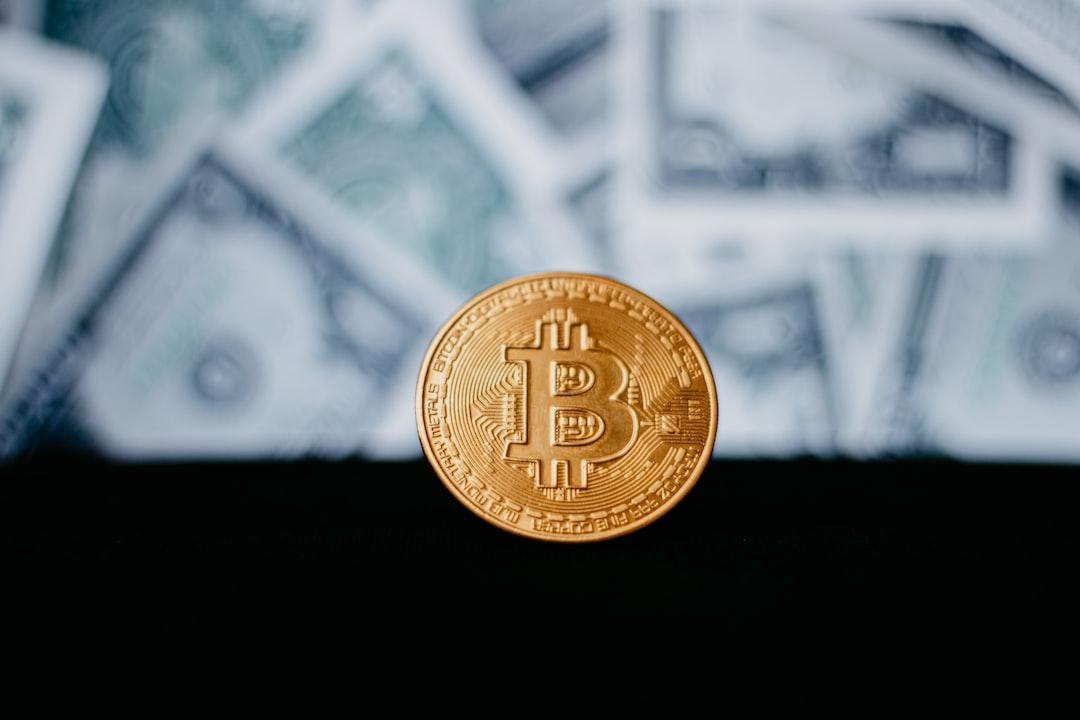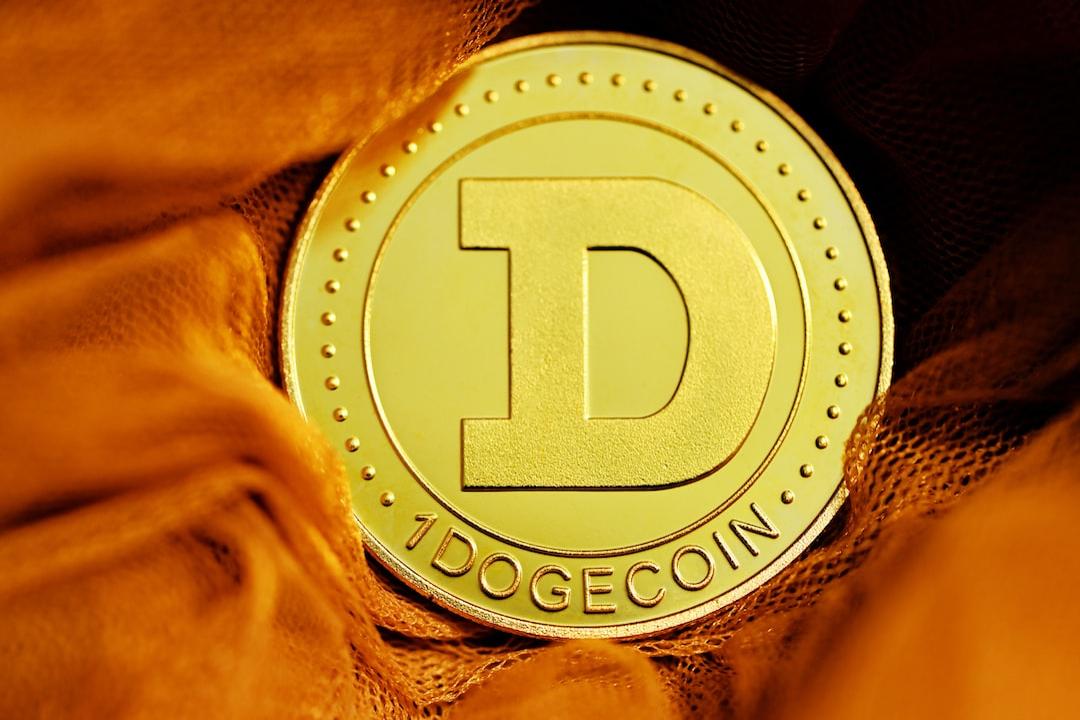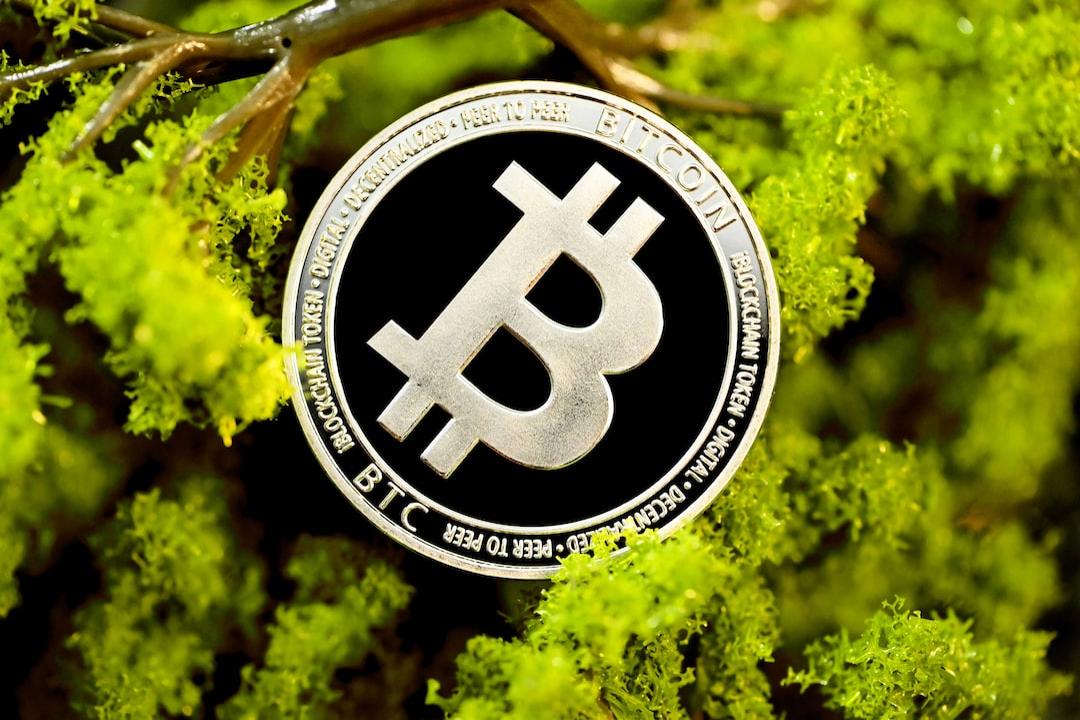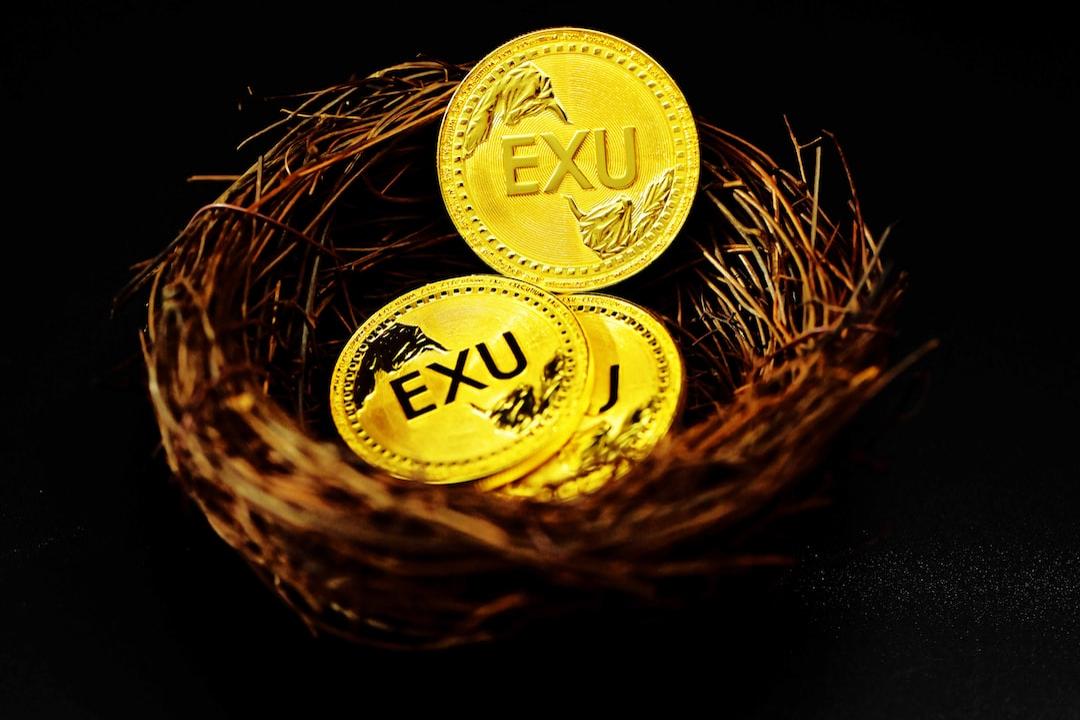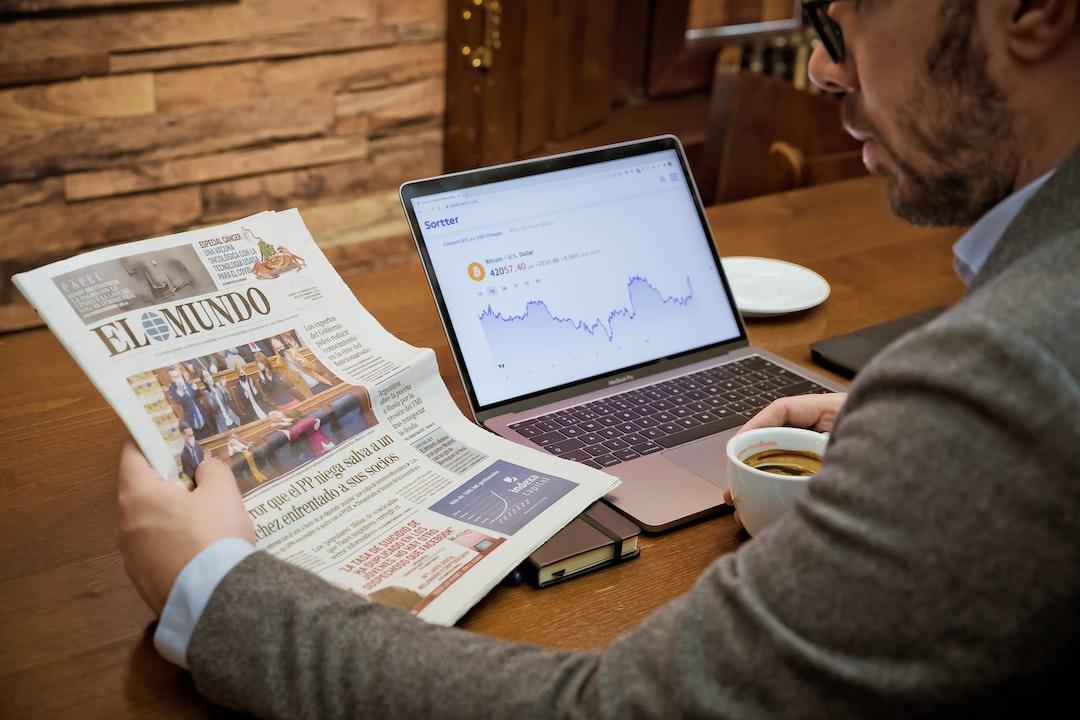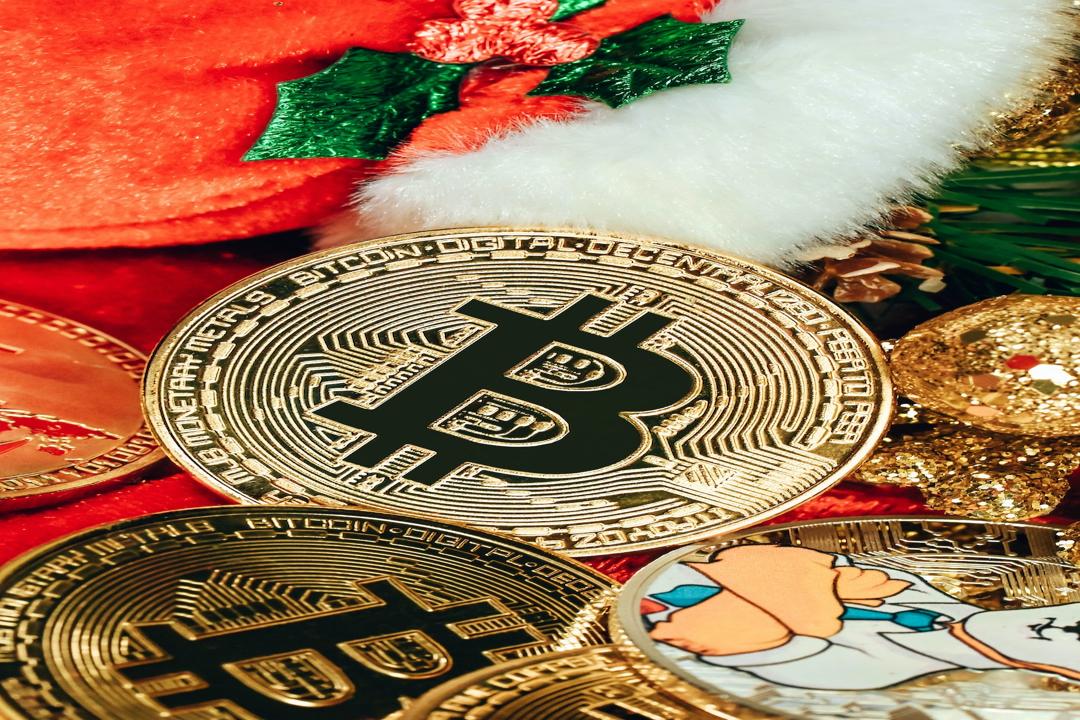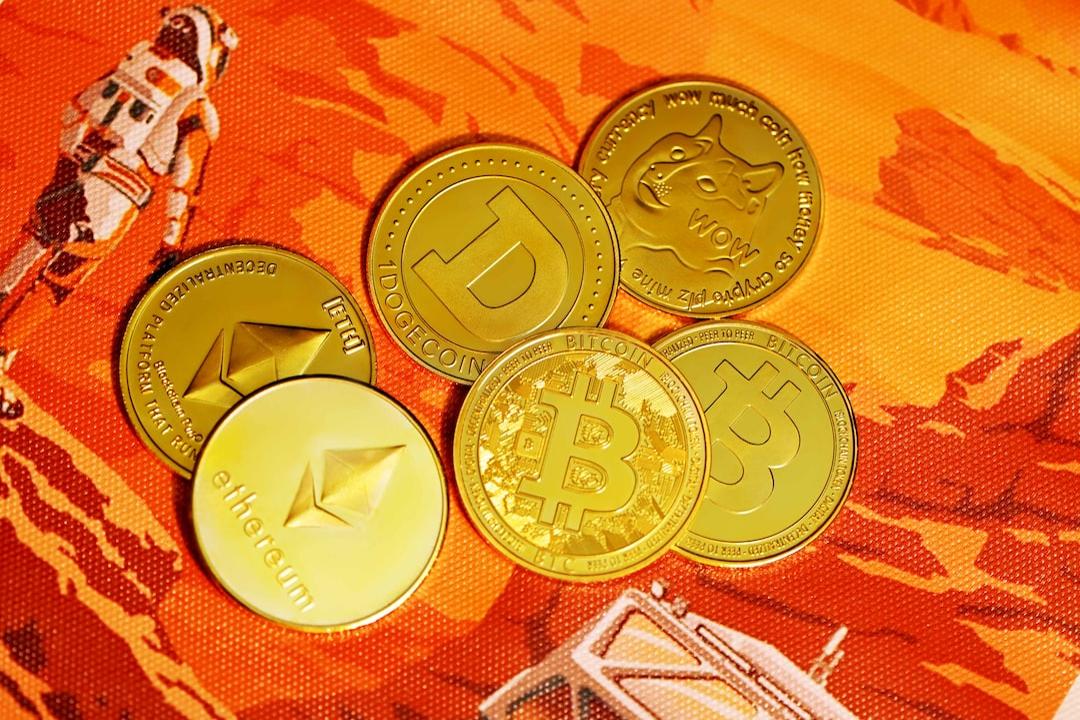The head of research at Galaxy, a crypto financial services firm, is addressing concerns that the repayment of Mt.Gox could lead to the collapse of Bitcoin (BTC). In an interview on the Unchained Podcast YouTube channel, Alex Thorn explains that Mt.Gox, a defunct crypto exchange, is scheduled to repay creditors approximately 142,000 BTC, valued at nearly $9 billion, starting in July until October. The news of the impending BTC disbursement from Mt.Gox caused significant disruption in the crypto markets last week, resulting in over $313 million in liquidations.
Thorn, however, believes that the fear surrounding the Mt.Gox situation is exaggerated. His research indicates that less than half of the coins will likely be available for sale on the open market. Additionally, he suggests that the recipients are more likely to hold onto their BTC rather than sell it immediately.
Thorn explains that individuals who are set to receive their BTC in the coming months have agreed to a 10% to 11% reduction in order to benefit from Mt.Gox’s early payout scheme. He estimates that 75% of the creditors have accepted this deal, bringing the number of BTC to be delivered down to 94,600 coins.
Furthermore, Thorn notes that many people have previously sold their bankruptcy claims to funds at a discount. These funds have aggressively purchased claims from Mt.Gox users who did not want to wait years to receive their money. Thorn states that about 20,000 BTC is held by these funds, leaving a total of 74,000 coins.
Thorn believes that the funds that bought the bankruptcy claims are unlikely to be significant sources of selling. He explains that the entities that provided liquidity to purchase the claims intend to hold onto the coins once they are released.
Another group set to receive BTC from Mt.Gox is the crypto exchange Bitcoinica, which is expected to collect 10,000 BTC. However, Bitcoinica cannot sell its Bitcoin immediately as it needs to go through the bankruptcy process in New Zealand.
Overall, Thorn estimates that 64,000 BTC will be distributed to the trading accounts of creditors. He believes that these entities, who are early Bitcoiners, are more inclined to hold onto their stacks rather than sell them upon receipt.
Thorn concludes by stating that he does not anticipate a significant amount of selling. He believes that there will be much less selling than what the headlines suggest, indicating that the impact on the market may not be as severe as feared.


